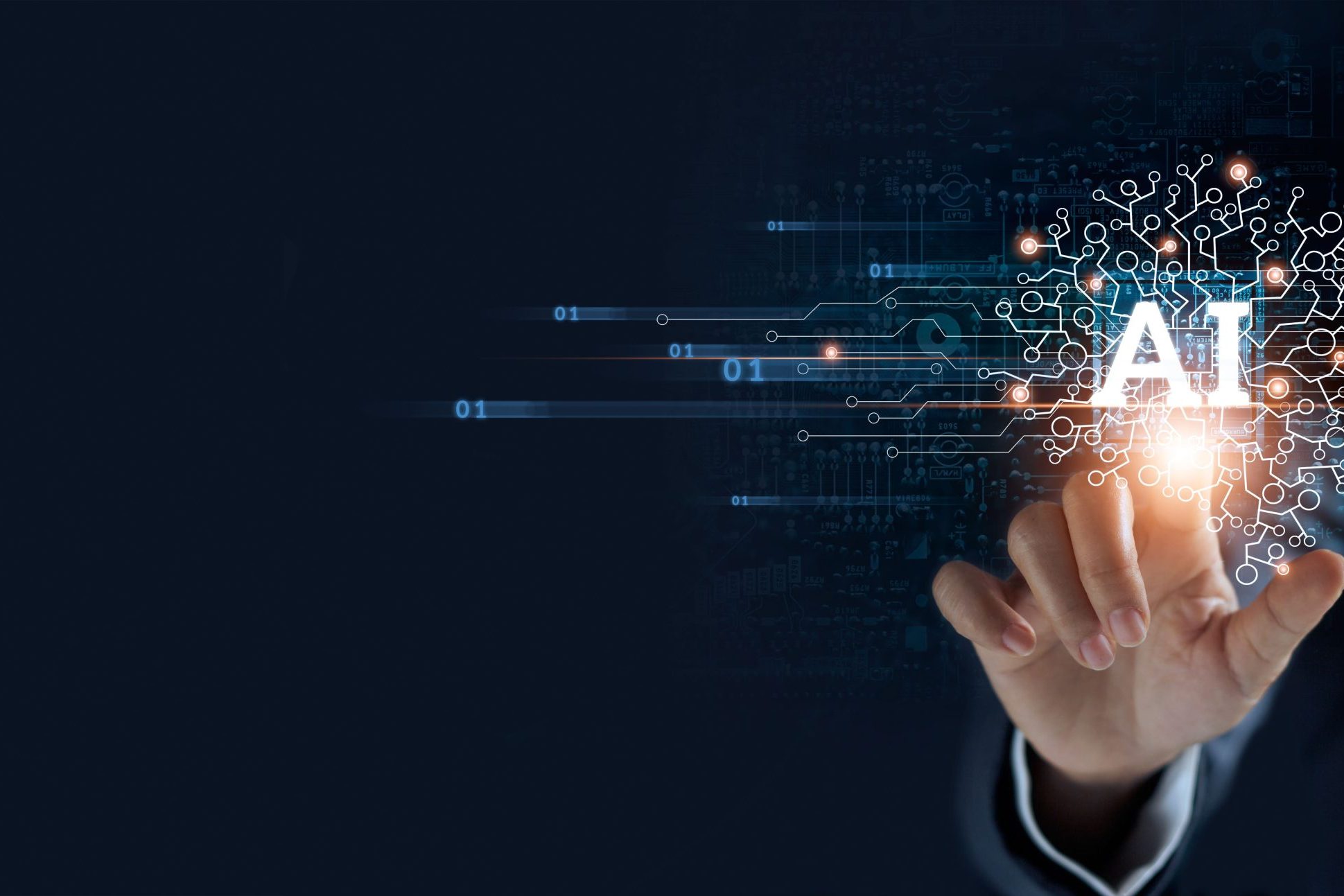How AI is revolutionising the medical-scientific sector
The revolutionary impact of Artificial Intelligence (AI) in the medical-scientific world is increasingly evident. AI is bridging the gap between technology and medicine, opening new perspectives in the diagnosis, treatment, and understanding of diseases. In this article, we will explore how this revolution is taking shape before our eyes.
More precise and faster diagnoses, leading to personalized therapies
AI is capable of achieving extraordinary feats in the field of medical diagnoses. Thanks to its ability to learn from vast datasets of clinical data and images, AI can identify pathological conditions with astonishing precision, often surpassing human capabilities. Images such as X-rays and MRI scans can be analyzed more accurately and quickly, enabling early diagnoses and timely interventions. This opens up the possibility of offering personalized therapies, proposing tailor-made treatments, optimizing effectiveness, and minimizing side effects. Continuous health monitoring through wearable devices and sensors will also become possible. These devices constantly collect vital data and transmit it to healthcare professionals, who can intervene promptly in case of anomalies.
Accelerated discovery of new drugs
The search for new drugs is a complex and costly process, but AI is revolutionizing this field as well. Algorithms can examine vast molecular databases, identify promising drug candidates, and predict their effectiveness in record time. This could lead to the introduction of new drugs to the market more rapidly and efficiently.
Epidemic prediction
AI is not limited to individual care; it can also contribute to the prevention of epidemics. By analyzing epidemiological and geospatial data, it can quickly identify the emergence of outbreaks and assist in planning effective responses to contain the spread of infectious diseases.
Having said all this, while artificial intelligence (AI) is bringing multiple benefits to the medical-scientific field, it is important to recognize that there are also negative aspects and challenges associated with the use of this technology. Issues related to data privacy and security, job reduction in the healthcare and scientific sectors, high costs due to significant investments in hardware, software, and specialized personnel, legal liability associated with harmful decisions made by AI systems, and ethical considerations related to the use of AI in end-of-life situations, as well as the trust of medical professionals and patients in AI.
It is crucial to address these challenges with a balanced approach, seeking to maximize the advantages of AI in the medical-scientific field while carefully managing the negative aspects through regulations, ethical standards, and public awareness. In this way, we can fully harness the potential of AI to improve human health without compromising safety, privacy, and fairness.

